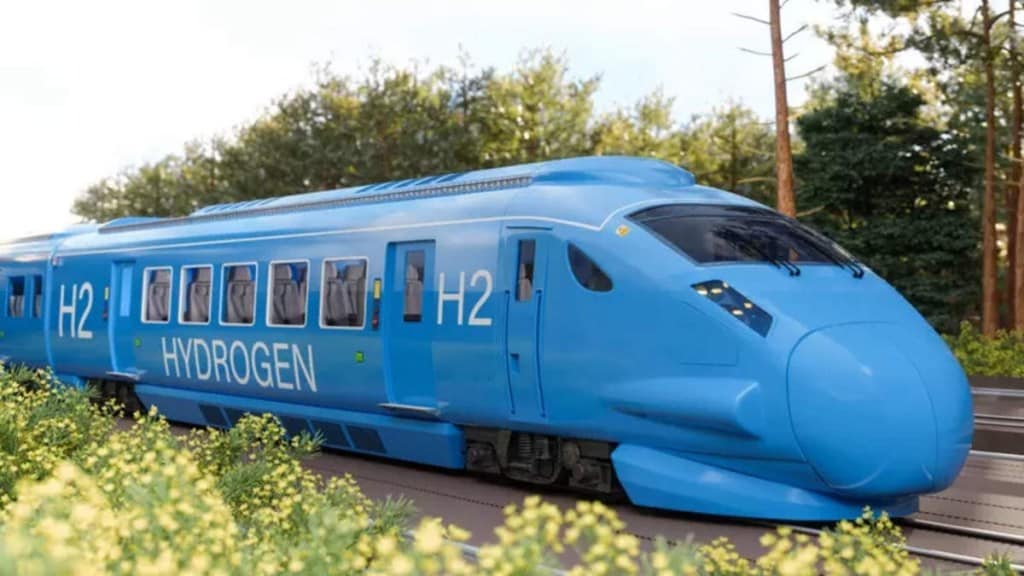Indian Railways, in a groundbreaking step towards sustainable transportation, is all set to roll out the country’s first hydrogen-fuelled train by March 31, according to ET Now reports. This eco-friendly innovation will place India among the global leaders in green mobility, alongside nations like Germany, France, China, and the United Kingdom.
The Ministry of Railways had allocated Rs 2,800 crore in 2023-24 to develop a fleet of 35 hydrogen fuel cell-based trains as part of India’s broader vision for clean energy transportation.
Railways Minister Ashwini Vaishnaw highlighted that the specifications for these trains were developed by the Research Design and Standards Organisation (RDSO), ensuring the technology is fully Made in India.
According to the report, the Integral Coach Factory (ICF) in Chennai is currently building the train, and once completed, it will be operated by Northern Railway’s Delhi Division on the Jind-Sonipat route, covering approximately 89 km.
“Indian Railways has taken up a state-of-the-art project for the development of the first hydrogen train on a pilot basis by retrofitment of hydrogen fuel cell on diesel electric multiple unit (DEMU) rake,” Vaishnaw said.
“The specifications for this fully indigenously developed train have been prepared by the Research Design and Standards Organisation (RDSO). This is slated to be among the longest hydrogen train in the world presently. It will also be among the maximum powered hydrogen trains in the world,” he added.
What makes this hydrogen train particularly remarkable is its unmatched power capacity — a staggering 1,200 horsepower (HP), which is more than double the strength of similar hydrogen trains operating in other countries.
Most existing hydrogen-powered trains globally feature engines with capacities between 500 to 600 HP, but India’s indigenously developed hydrogen train will surpass them all.
The train will run using fuel cells, which generate electricity by combining hydrogen and oxygen, releasing only water vapour as a byproduct—making it a zero-emission transport solution.
“Along with the train, concomitant on-ground infrastructure to refill hydrogen is envisioned with an integrated hydrogen production-storage-dispensation facility. Necessary safety approvals for the facility layout from the Petroleum and Explosives Safety Organisation (PESO) are in place,” Vaishnaw said in Rajya Sabha last week.
“The project further establishes the commitment of Indian Railways towards advancements in alternative energy-powered train travel, thereby ensuring a cleaner and greener future for the country’s transportation sector,” he added.

